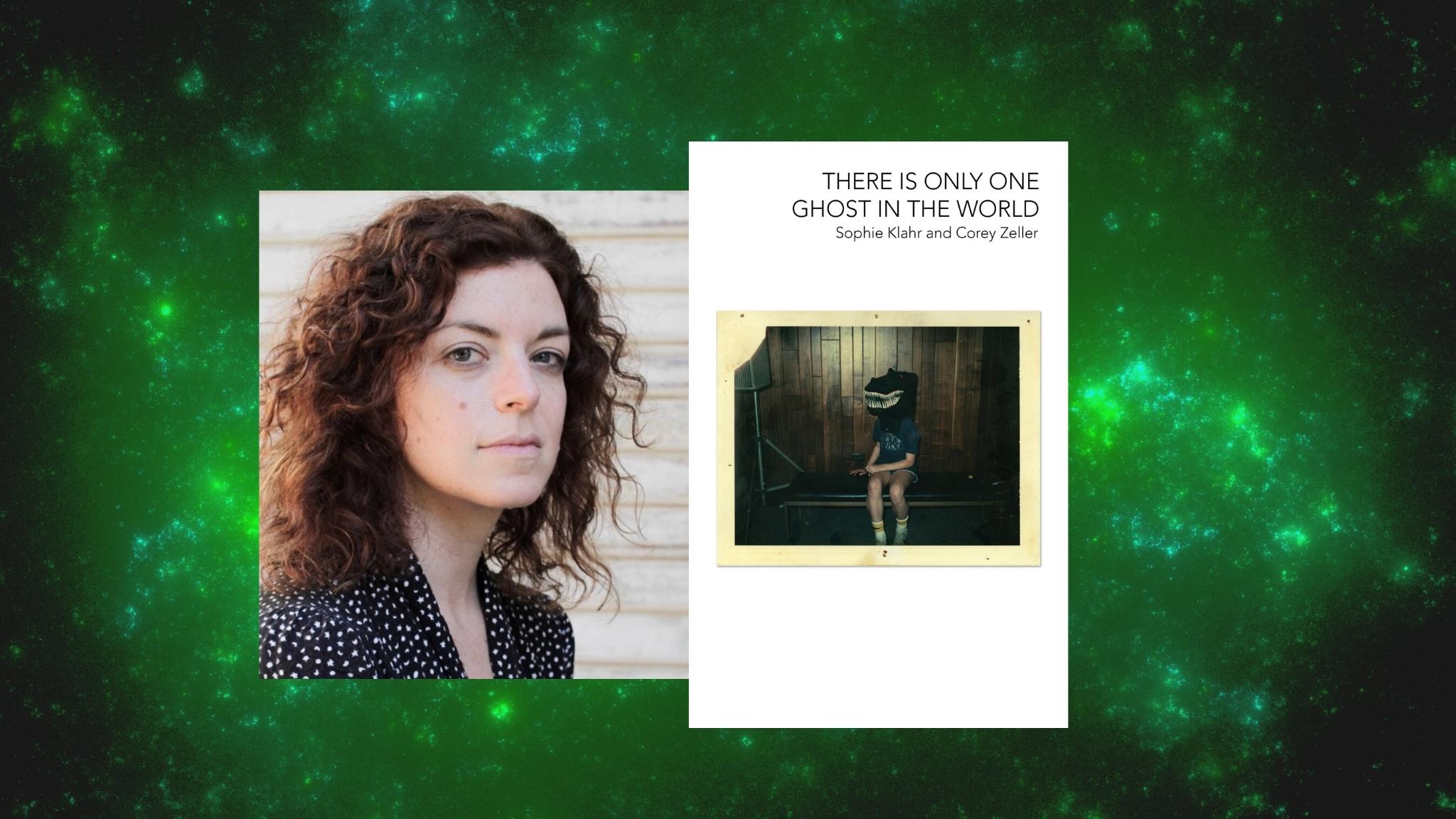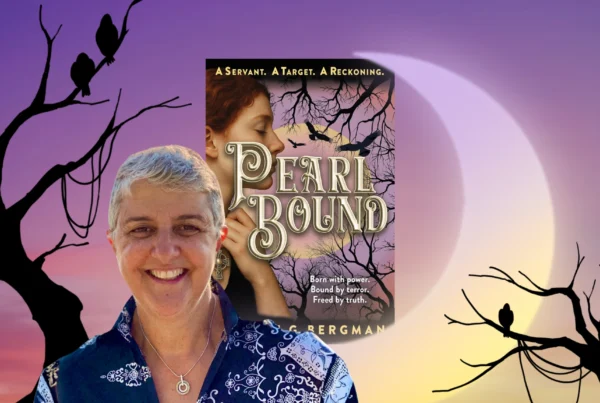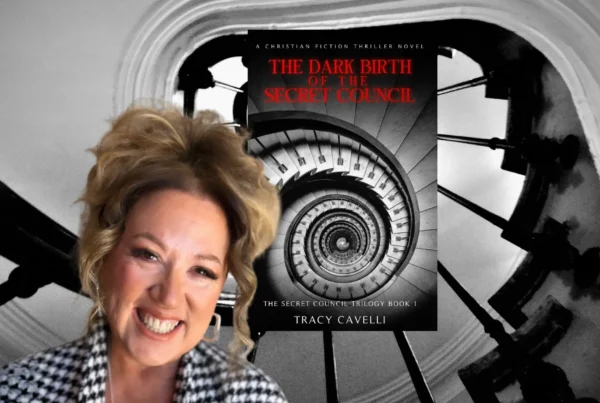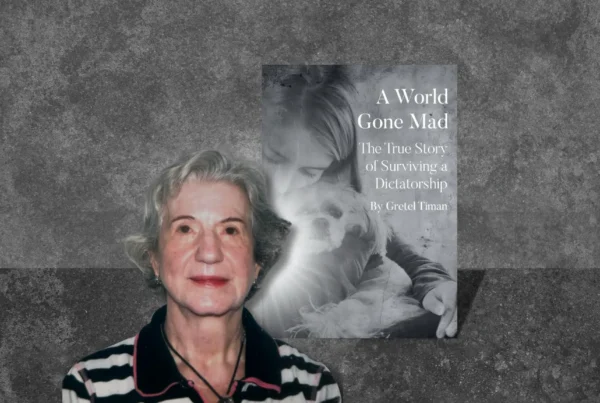There is Only One Ghost in the World
Sophie Klahr has crafted a book that defies genre convention, blending poetry, prose and vignettes. There is Only One Ghost in the World tells the stories of “a multilayered voice broken into fragments, an intimate witness that both delicately and bluntly reveals the best and the worst in all of us.” The result is an investigation into modern American life and the loneliness that comes with it, interspersed with an exploration of complex personal and family issues.
Of course, Klahr didn’t do it all alone — her co-writer, Corey Zeller, shared in the creative process. Here, Sophie Klahr discusses the “possibility-making presence” of collaborative writing, the ways There is Only One Ghost in the World embraces gender and sexuality, and details of the writing and revision process.
Some of the short vignettes in your new book, have already been published in literary journals which are under the heading of poetry. So, is this actually a book of fiction or a book of poetry? Or, something else?
I think this book is like a scarf — it is a flexible fabric. No one is going to argue that a scarf is a scarf (or, will they?) but you can utilize that piece of fabric in a number of different ways, with different intentions, different purposes, different layers. It’s 2023, and I think that readers care less and less about genre distinctions. A tomato is technically a fruit, but it is marketed as a vegetable, and usually surrounded by other vegetables. Labels matter, sure, but I think that it’s fairly impossible to put the spirit and structure of this book firmly into one box of genre … it would probably chew its way out!
A central theme of the book is the complexity of parent-child relationships often embracing contradictions like having or not having children. Tell us more about these polarities.
As with many authors, whatever their genre may be, our real-life experiences influence what we write. But due to the nature of our collaboration, which essentially creates a blended voice, my co-author Corey Zeller and I never felt the need to create some sort of single speaker in the book — we made room for one another’s imaginations and experiences. I believe that embracing these contradictions creates an inclusiveness for a reader, a rare expansiveness — all sorts of people can see themselves represented and reflected in these pages.
Sexual orientations, experiences, and gender expressions arise as another central theme of the book — does the embrace of seeming contradiction also extend to those areas?
Yes, absolutely. Experiences of gender and sexuality shift continuously from one first-person voice to another throughout these vignettes; no expression of one prohibits the expression of another. I would identify the book itself as queer, because it essentially embraces all gender possibilities, all possible sexual orientations. This quality reminds me of the first line from Larry Levis’ poem “The Double”: “Out here, I can say anything.” And perhaps instead of “say,” it is “be.”
What does it mean for you and your co-author Corey Zeller to write collaboratively?
There has always been a quality of deep empathy in our collaboration over the past ten years — we tell one another things via each word and image that we might not tell anyone else. I think this is helped too by the fact that we have only met once, a few months prior to when we began writing from afar together. (We did not have a sense of one another’s personal lives at all until 2019, when we first actually spoke on the phone, only one another’s poetic selves.)
This distance created a type of safety net as well — by writing together, we can reveal stories and feelings that we might not put on paper were we each writing alone; in some ways, the other person creates a safeguard against individual vulnerability. But I think the resulting experience for a reader is quite different: there is a unique quality of intimacy.
Each of our individual voices dissolve into a third; there is no personal voice in the book identifiable as mine or as Corey’s: it is another voice speaking, offering our shared truth. Our collaborative writing is not only about the words on the page, but also about a possibility-making presence. It’s almost like a simultaneous free-fall, trusting the other person to catch you, even while they are falling as well.
How did creating this collaborative book differ from the books you’ve written on your own?
The most unique thing about constructing this book was the speed with which it was written – it only took 8 months!! My most recent poetry collection Two Open Doors in a Field (Backwaters Press) was about six years in the making. Part of that time difference is the process of verse-making – Two Open Doors in a Field is mostly made of fairly formal Italian sonnets, which have an inherent mathematical quality to them.
Some of the sonnets took three whole years to write, because I stuck to the classic notion of having 10 syllables per line; it can take a long time to construct what you want to say when there are formal restrictions. With the prose vignettes of There Is Only One Ghost in the World, in addition to the surprisingly relaxing absence of lineation, there was the fact that we wrote this book during the height of the pandemic, when I was sheltering-in-place alone.
The whole book was originally written in a single shared Google document, but we didn’t write simultaneously — It was akin to consistently having a writing prompt, some sort of constant tug to put words to paper, to see what Corey had written. In short, this book kept me company, in a particular way that my other books have not. When I write alone, and return to a poem, I have only my own previous energy and efforts to fall into and pull forward. This book was the difference between talking to oneself and talking to someone else.
8 months is not a lot of time to put together a book! Is this final form very different from the first draft?
It’s very different actually! I mentioned that we wrote the book entirely in one document, and in its first iteration, that document was quite fragmentary — there might be a collection of three or four sentences together, or even a single sentence standing alone. This book comes to around 120 pages or so, and the document, when we “stopped” writing, was 300 pages! It is difficult to recall how we came up with the compressions that exist now as the vignettes the book is composed of. I know that some pieces were left unchanged and were simply moved together. Surely, somewhere in the pieces we cut, is a whole other book.
What has writing this book taught you about yourself?
The first thing I’ve learned that springs to mind is a type of lesson on craft — I discovered that I really do have the capacity and the desire to write in prose — in the past, I wrote almost exclusively in verse. I’ve been surprised to find that writing in prose somehow allows topics that I’d shied away from in verse, and that for me in prose, there’s a widening of tones that feel possible. The book I’ve been working on for the past six months is in a similar form to There Is Only One Ghost in the World — it’s a bit as if the book we’ve written walked into a hall of mirrors with the one that I am writing now. There is overlap and conversation, and a different type of self-awareness. I’m curious to see what it reveals.
About Sophie Klahr:
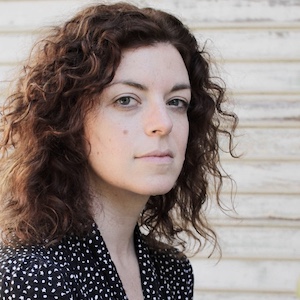 Sophie Klahr is the author of Two Open Doors in a Field (Backwaters Press), Meet Me Here at Dawn (Yesyes Books) and There is Only One Ghost in the World (Fiction Collective 2), winner of the 2022 Ronald Sukenick Innovative Fiction Contest, written alongside Corey Zeller. Her writing appears in venues such as The New Yorker, American Poetry Review, Another Last Call: Poems On Addiction And Deliverance (Sarabande Books), & elsewhere. She currently lives in Los Angeles. (Photo Credit: Allison Pharmakis)
Sophie Klahr is the author of Two Open Doors in a Field (Backwaters Press), Meet Me Here at Dawn (Yesyes Books) and There is Only One Ghost in the World (Fiction Collective 2), winner of the 2022 Ronald Sukenick Innovative Fiction Contest, written alongside Corey Zeller. Her writing appears in venues such as The New Yorker, American Poetry Review, Another Last Call: Poems On Addiction And Deliverance (Sarabande Books), & elsewhere. She currently lives in Los Angeles. (Photo Credit: Allison Pharmakis)

